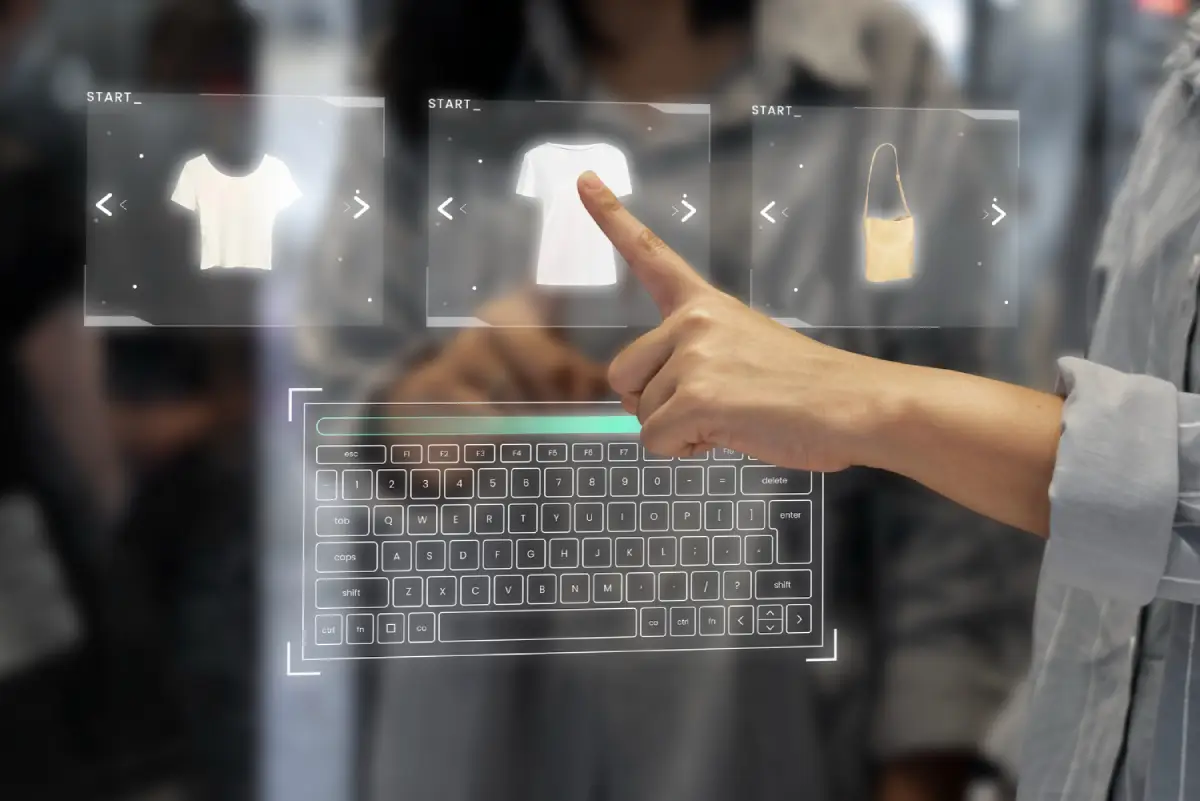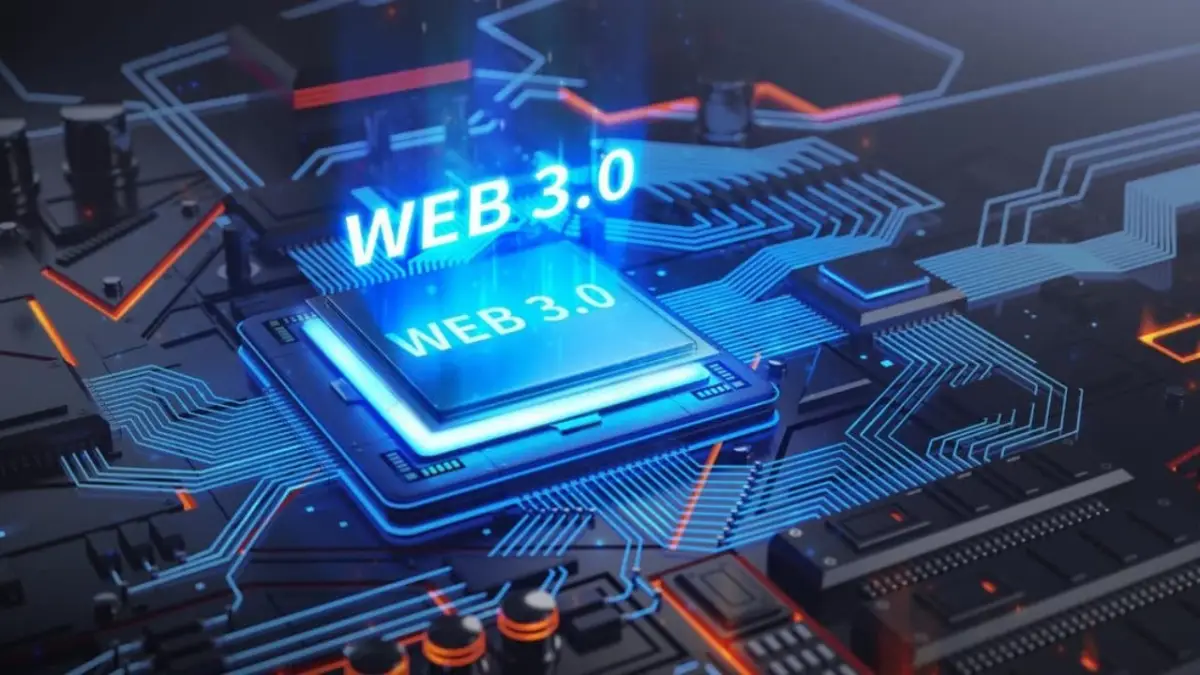Categories
A clear woocommerce checkout process is the most important step to enhance customer shopping experience. It improves order conversion and reduces cart abandonment. Many store owners lose orders when the checkout process is complex or confusing. Customers feel safe when the steps are clear. They complete their orders without worry. A good checkout design builds trust and cuts down on errors. This article discusses key methods to simplify the checkout…






